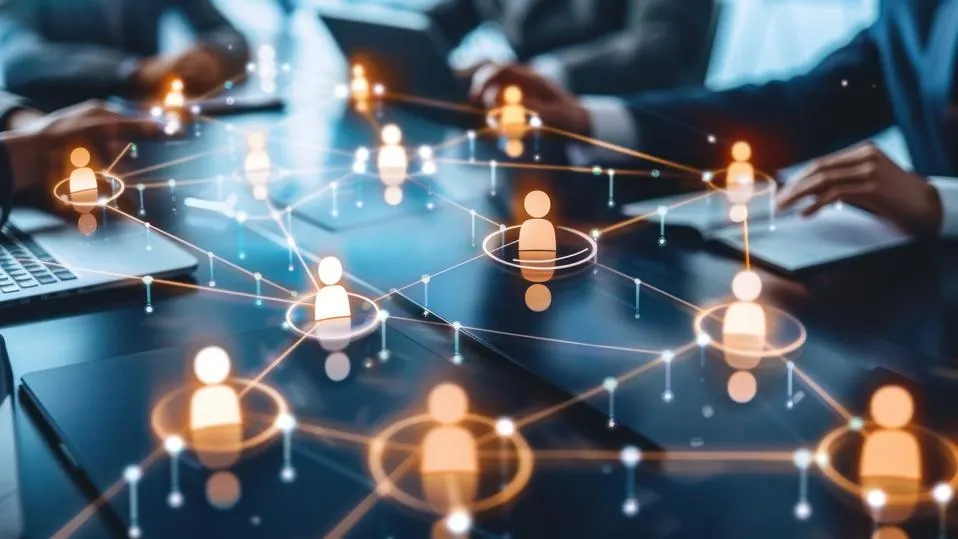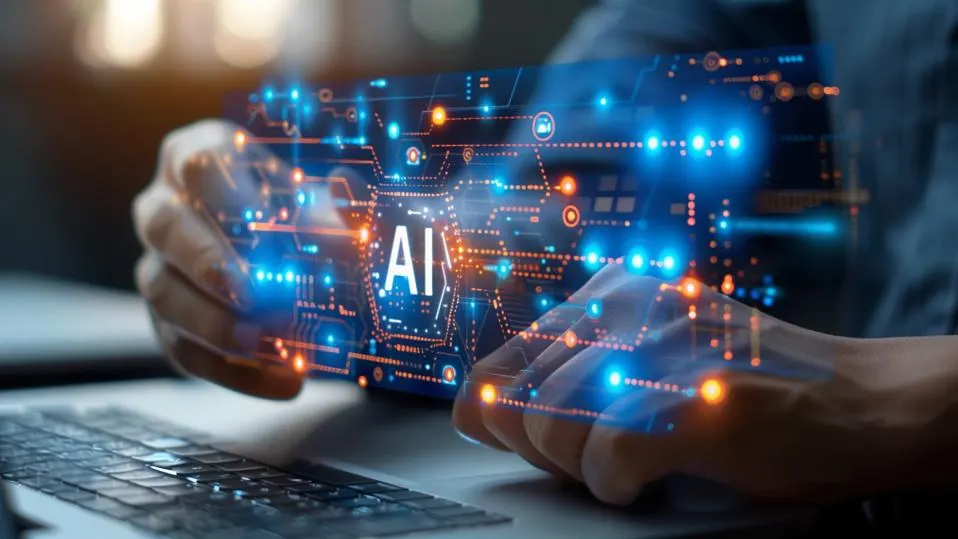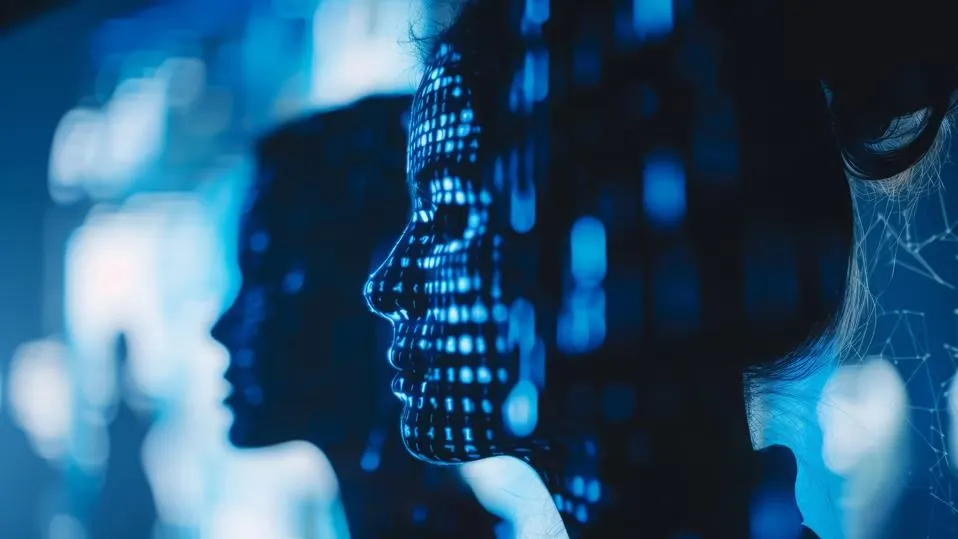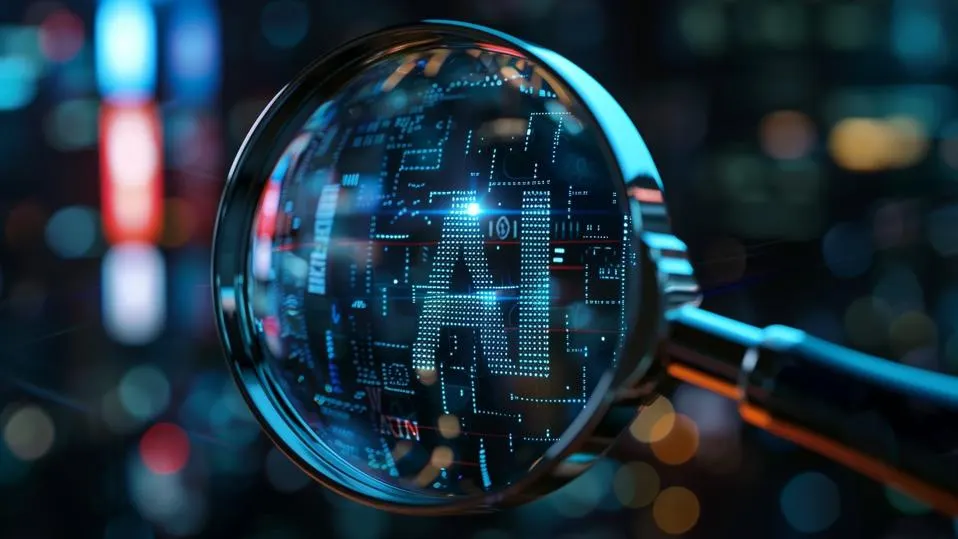Creating The Universal AI Employee Of The Future
16 September 2024
Imagine a world where your most productive employee never sleeps, never takes a vacation, and can seamlessly adapt to any role you need. This isn’t science fiction — it’s the dawn of the universal AI employee, and it’s set to revolutionize the way we work. Tech companies and startups across Silicon Valley and beyond are racing to build these AI prodigies.

The Concept Of The Universal AI Employee
The idea of a universal AI employee stems from a common frustration many professionals share: the tedium of repetitive tasks that plague even the most talented workers. One of the companies with the core mission to create universal AI employees is Ema, and I recently spoke to their CEO, Surojit Chatterjee. He echoed that sentiment: "I would see that a large portion of the work that people are doing, all of us are doing, is kind of repetitive. It's tedious. It's a little bit soul-crushing." This observation has led many in the tech industry, including Chatterjee, to ask: "With the technological advances we are seeing today, can we actually automate everything?"
Companies working on this concept are essentially creating a "factory of AI employees" — a system capable of morphing into any role within an enterprise. At the heart of this technology is often a sophisticated mesh of AI agents, each specializing in different tasks. This "agentic mesh" combines the reasoning capabilities of large language models (LLMs) with the ability to understand context, make autonomous decisions, and seamlessly collaborate with human colleagues.
Chatterjee explains, "You can think of LLMs as the brain of these AI employees. But the AI employees need more than just LLMs. They need to figure out a plan, autonomously act, understand the context of the business, adapt as the business changes, and most importantly, collaborate seamlessly with other human employees."
Applications Across Industries
The applications for these universal AI employees are vast and growing. Some areas where they are already making an impact include:
- Contact Center Automation: AI employees handling customer queries with human-like proficiency, reducing wait times and improving service quality.
- Sales and Marketing: Generating content and crafting responses for complex RFPs (Request for Proposals), streamlining processes that once took hundreds of human hours.
- Legal Contract Review: AI assistants swiftly analyzing and summarizing lengthy legal documents.
- Insurance and Healthcare: Quickly sifting through patient histories or insurance claims, accelerating processes and improving accuracy.
"Anywhere where there is a lot of unstructured information... AI can do that very, very quickly. And increasingly very reliably," Chatterjee notes.
The Human Touch In An AI World
Despite the impressive capabilities of these AI employees, experts in the field emphasize that they're not meant to replace humans entirely. Instead, the vision is a future where AI and human employees work in tandem, each leveraging their unique strengths.
Chatterjee clarifies this point: "All said and done, these large language models, these AI employees are still not human. They do not have the creativity and intuition that humans have. Humans can just get a lot more done with the assistance of these AI employees."
The goal is to create a synergy between human creativity and AI efficiency, potentially leading to a productivity boom reminiscent of past technological revolutions.
Preparing For The AI-Augmented Workplace
As with any technological shift, the rise of AI employees will require adaptation. Many draw parallels to the computer revolution: just as computer literacy became essential for many jobs, the ability to work effectively with AI employees will likely become a crucial skill.
Chatterjee draws this parallel explicitly: "People who got those jobs are people who could use computers. Same thing, right? You need to learn; all of us need to learn how to work with AI or how to work with AI employees."
The good news is that this upskilling might be more intuitive than past technological leaps. Unlike learning a new programming language, interacting with AI employees may be more natural as they communicate in human language, potentially making the learning curve less steep.
The Road Ahead
Looking to the future, even more dramatic advancements are on the horizon. Physical AI, in the form of humanoid robots, could one day handle household chores, further freeing up human time and potential. While such technologies are still in development, the rapid pace of AI advancement suggests they might arrive sooner than we think.
As we face the AI revolution, one thing is clear: the way we work is about to change dramatically. The universal AI employee isn't just a futuristic concept — it's a reality that's unfolding before our eyes. Companies that embrace this technology early and effectively are likely to find themselves with a significant competitive advantage in the years to come.
The challenge for business leaders is not just to implement these AI employees but to reimagine their organizations around the unique capabilities they bring. As Chatterjee aptly puts it, "We are at that juncture at this point, at that precipice of this massive breakthrough in next 10, 20 years. Everything will look different."
Are you ready for your new AI colleague?
Related Articles
Can Your Device Run Apple Intelligence? What You Need To Know
Apple's announcement of Apple Intelligence has sent waves of excitement through the tech world.[...]
10 Amazing Things You Can Do With Apple Intelligence On Your IPhone
Apple Intelligence is poised to revolutionize the iPhone experience, offering a suite of AI-powered tools that promise to make your digital life easier, more productive, and more creative.[...]
Agentic AI: The Next Big Breakthrough That’s Transforming Business And Technology
The world of artificial intelligence is evolving at a breakneck pace, and just when you thought you'd wrapped your head around generative AI, along comes another game-changing concept: agentic AI.[...]
The Employees Secretly Using AI At Work
Imagine walking into your office and noticing your colleague Sarah effortlessly breezing through her tasks with uncanny efficiency.[...]
Battling AI Fakes: Are Social Platforms Doing Enough?
Since generative AI went mainstream, the amount of fake content and misinformation spread via social media has increased exponentially.[...]
20 Generative AI Tools For Creating Synthetic Data
The AI revolution that we’re currently living through is a direct result of the explosion in the amount of data that’s available to be mined and analyzed for insights.[...]
Sign up to Stay in Touch!
Bernard Marr is a world-renowned futurist, influencer and thought leader in the fields of business and technology, with a passion for using technology for the good of humanity.
He is a best-selling author of over 20 books, writes a regular column for Forbes and advises and coaches many of the world’s best-known organisations.
He has a combined following of 4 million people across his social media channels and newsletters and was ranked by LinkedIn as one of the top 5 business influencers in the world.
Bernard’s latest book is ‘Generative AI in Practice’.










Social Media